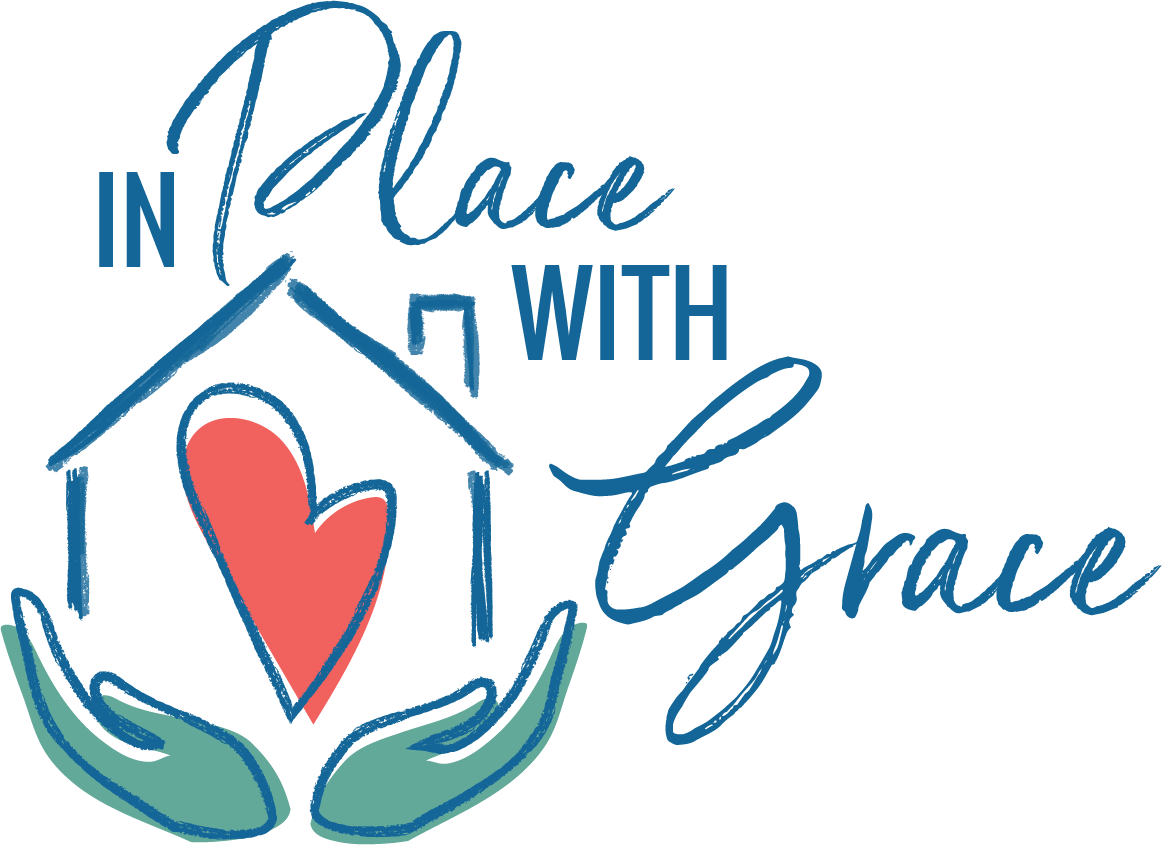
By Holly Kennedy, PT, CAPS, ECHM
We are grateful for all the Caregivers who serve tirelessly and selflessly to help a loved one in need. From dressing, bathing, food prep, house cleaning, shopping, bill paying, helping to transfer into the bed, shower, car, wheelchair: the tasks are endless. Today we will share our Top 5 Tips for Caregivers, our unsung heroes we can’t live without.
1. Take Care of Yourself. Without You, it All Falls Apart!
- Eat right—Good nutrition is important for healthy body and mind. Eat regular, healthy meals and keep easy, nutritious snacks on hand such as fruit, nuts, trail mixes and pre-cut veggies.
- Exercise—Make exercise a priority. Starting the day with a brisk walk or attending a fitness class is a great way to combat depression as it increases your endorphins (“good” coping hormones). Recruiting a friend or neighbor to be your “workout buddy” helps keep you accountable and adds a valuable social element.
- Sleep—7-8 hours of sleep each night is important. Consider these tips for a better night’s rest: Limit caffeine, sugar and alcohol. Avoid “screen time” (computers, televisions, cell phones and tablets) at least an hour before going to bed. Create a good sleeping environment (cool, dark, quiet). Set a time in the early evening to write down a “to-do” and/or “concerns” list. This helps to let go of anxieties and worries so you can relax and fall asleep. “
- Ask for Help-Pace yourself, consider this to be more like a marathon, than a sprint. Set up a schedule where other family members, friends or paid caregivers rotate in and provide you with some much needed, guilt-free time to yourself. Watch for signs of burn out and ask for additional help as needed.
2. Talk with Others. Don’t go it alone!
Schedule weekly family meetings or phone calls, or if needed, professional counseling. Don’t go it alone.
3. Help Them to be as Independent as Possible. Have Your Home Assessed!
Having an occupational therapist (OT) or physical therapist (PT) perform an in-home assessment can be one of the most impactful things you can do to relieve burden on a caregiver. They can help eliminate barriers in the home that make caregiving more difficult and recommend modifications and products that can make the job easier. OTs and PTs are trained in maximizing independence and function with activities of daily living (ADLs) such as bathing, dressing, grooming and food preparation. They can help your loved one to be as independent as possible, enhancing their dignity and quality of life, and requiring less of you. Create an environment that sets you up for long term success. Look for a healthcare provider with CEAC, CAPS, or ECHM credentials to meet your home assessment needs.
4. Work Smarter Not Harder. Get the Right Tools for the Job!
You may have heard the phrase “Work smarter, not harder” . A small investment in a few helpful products can make your job much easier. The first two products help with transfers out of chairs or bed, the next is a threshold ramp to make navigating through uneven doorways in a wheelchair easier. Grab bars add safety near toilets, showers and tubs and installing taller toilets-18-20 inches tall- can make a toilet transfer a lot easier on everyone. Click on the examples below to learn more:

5. Learn More. Knowledge is Power!
- Body Mechanics
Learning good body mechanics for lifting is essential in avoiding injury to you and your loved one. You’ve likely heard the advice to “use your legs not your back”, but correct technique often requires training and feedback. To maximize safety, it’s best to have a PT, OT or nurse perform a training session of proper lifting and transfer techniques. The therapist can also help to troubleshoot the unique challenges to your situation.
- Building Better Caregivers
Attend a workshop for family caregivers. The workshop addresses specific needs for caregivers who care for someone with a stroke, dementia, PTSD or any other serious illness or injury. To register, contact your local Area Agency on Aging, https://centralinaaging.org/workshops/building-better-caregivers/
Courses are currently being conducted online due to COVID precautions and a free of charge.
Benefits of Building Better Caregivers:
- Find practical ways to manage your own fatigue and stress
- Discover how to manage difficult behaviors and feelings
- Make good decisions and future plans for loved ones and yourself
- Connect with other caregivers who understand what you are going through
Remember that taking care of yourself is as important as taking care of someone else. Without you, it all falls apart. Thanks for all you do!






